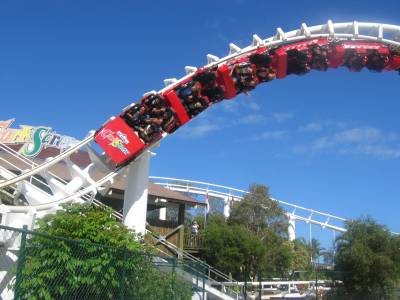Pictet Asset Management maintains its overweight stance on emerging market stocks.
According to Pictet, equity markets suffered sharp falls in January, with emerging market stocks leading the decline as evidence of economic and financial strains in China and sharp falls in a number of developing economy currencies unnerved investors.
”Argentina’s decision earlier in the month to devalue its currency, political and social strife in Turkey and Ukraine and signs that China’s banking system is under increasing pressure weighed heavily on sentiment”, says Pictet.
Adding to the market’s unease, the US Federal Reserve appeared unperturbed by the turmoil, announcing it would press on with reducing monetary stimulus by cutting monthly bond purchases by a further USD10 billion to USD65 billion.
The sell-off in emerging market stocks, bonds and currencies was characterised by a significant dispersion in the returns of individual markets, suggesting investors were paying closer attention to the idiosyncrasies of each emerging nation.
In emerging currency markets, which suffered their worst sell-off in five years, the hardest hit units were the Argentine peso, which suffered a double-digit loss, the South African rand, down some 7 per cent, and the Russian rouble and Turkish lira, both off by more than 5 per cent against the USD. At the other end of the spectrum, the Indian rupee and the Indonesian rupiah ended virtually flat on the month.
The same pattern was in evidence in both bonds and stock markets – albeit to a lesser extent, says Pictet.
”Emerging market stocks ended the month trading at a discount of some 30 per cent to their developed market counterparts on a price-earnings basis. This is the widest gap since 2005, reflecting investor unease over corporate earnings prospects in a period likely to be characterised by a reduction in US monetary stimulus and a moderation of Chinese growth.”
According to Pictet, in fixed income markets, developed government bonds gained as investors sought to cut their exposure to risk. US Treasury yields and investment-grade bonds also ended the month in positive territory. Local currency emerging market bonds ended sharply lower in USD terms; USD-denominated EM debt held up well on the back of gains in US government bonds.
Overall Pictet Asset Management remains overweighting equity as economic growth continues to pick up and valuations remain fair.
”Regionally our overweight stance on emerging market stocks is maintained as we expect export growth to pick up; Japanese stocks should remain well supported by the government’s reflation policy2, says Pictet.
Sector wise Pictet continue to favour cyclical stocks but have cut technology to neutral following the sector’s recent outperformance; Pictet raises consumer staples to neutral largely on valuation grounds.
Pictet upgrades local currency EM debt to neutral as the near-term outlook has improved; Pictet remains long high-yield.










